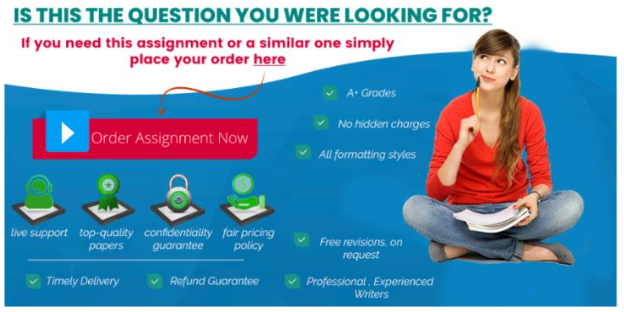WhatsApp Us: at +1 (601) 456-5517
Reach us at: nursinghomeworkservices@gmail.com
Client Interview Skills Reflection
There are THREE parts to this assignment
- The Interview
- Interview Reflection
- The Chart
PART 1 – THE INTERVIEW
- You will interview a “client” (the interviewee will preferably be a classmate or someone of your choice). You cannot interview a “real client” or a person under the age of 18.
- You will engage in a 10 minute live or recorded role play. Live role plays will be held during the scheduled online class time or at a time that works for you and the client. If you choose to complete your role play live, you will be allotted class time after the lecture to complete your live recording. Live recording time will be allotted in Week 12 from 1215pm to 1300pm for those who need it.
3.You may choose between the following topics/scenarios for your interview:
– Racial trauma
– Suicide
– Intimate partner violence
– PTSD
– Grief and bereavement
Check Tips on how to do your Social Work Assignment.
It is not mandatory that you use the suggested scenario; however, this suggestion can help you create a client/scenario that reflects your topic of interest. You should not be using a script during the role-play to allow your interaction to follow seamlessly.
Client Interview Skills Reflection
- For live virtual role-plays, they must be video recorded (not simply audio) so that you can access your entire role-play after the session. There is Blackboard support to record your live role-play, if you choose this format. Please see the professor for guidance.
You will need the live recording for the 2nd and 3rd parts of the assignment.
- In the interview, you should concentrate on:
- Assessing the crisis, such that you begin to determine
- the current needs of the client
- whether or not the client is at risk
- whether children may be at risk
- You will do the assessment using the skills, assessment tools and information we have discussed in the class to date. You will be expected to build on the skills learned in Counselling Skills 1 and 2.
PART 2 – SKILLS REFLECTION – May be removed for Fall 2021
In this section, you are reflecting on your strengths and the areas in need of improvement, with respect to:
- Determining the problem
- Assessing client risk
- Gathering relevant information
- Determining client needs
- For each of 1, 2, 3 and 4 above, ensure you identify at least 1 way in which your interview was strong, and 1 way in which you could have improved upon it.
- Provide at least one example for each from your interview, to illustrate your points.
- As part of your reflection identify how your lived experiences can be a positive factor and/or a hindering factor in providing service to your client – remove this section for future classes?
Client Interview Skills Reflection
PART 2 must be:
- A minimum of 3 pages in length (this does not include the cover page)
- 12 font, Times New Roman/Calibri/Garamond
- Double-spaced
PART 3 – THE CHART
- You are required to complete a chart (see example below) using the video recording of your role play as your source of information.
- You will view your video and pick 8 statements or questions that you have posed to your “client”, which you will then list in the Statement/Question column of the chart.
3.You will then consider the lack of effectiveness of each of these statements/questions and provide a brief description of an effective statement in the “Not Effective Because …” column.
Here, you need to identify;
- how it was ineffective
- why or why not
- Finally, you will consider what effective statements or questions you might have made. You will put them in the “An Effective Statement” column of your chart.
PART 3 must be:
- 12 font, Times New Roman/Calibri/Garamond
- Fully complete chart
Client Interview Skills Reflection
EXAMPLE OF THE CHART
| STATEMENT/
QUESTION |
NOT EFFECTIVE BECAUSE … | AN EFFECTIVE STATEMENT |
| Why would you want to
kill yourself? You have so much going on for you.
|
Sounds judgmental and lacks empathy | Tell me more about what makes you feel hopeless. |
| Why did you talk back to your husband when he was already so angry? | Sounds judgmental and blames the client for the partner violence | Are you comfortable telling me what happened before he hit you? |

